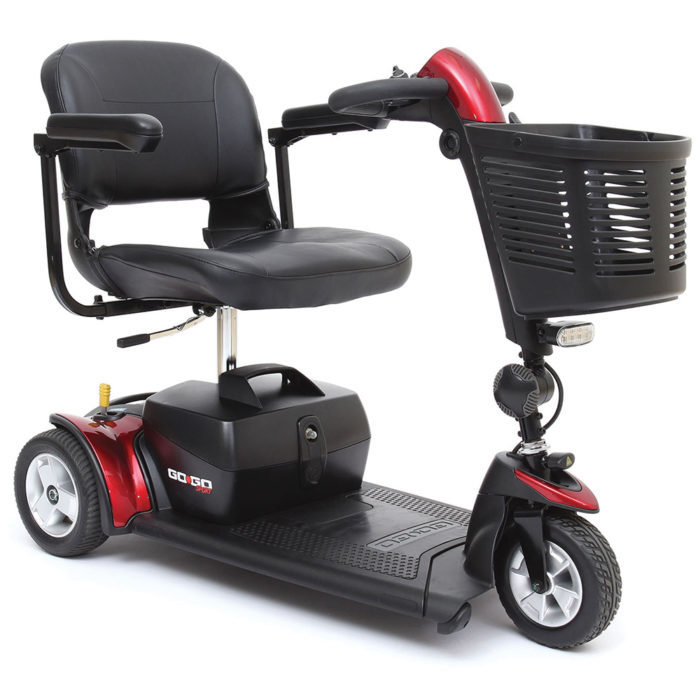Lightning struck at 3 a.m. the other night. The alarm system in my apartment blared — beeep, beeep, beeep — for hours. The dog was barking, the cat was zooming, and I wasn’t sleeping. My stress meter was off the scale.
We know that stress can trigger MS symptoms, yet it rarely, if ever, has directly triggered mine. I spent over 40 years in the news media covering breaking news. That was stress. Hurricane Ian hitting our Florida condo last year was definitely stressful. Some of the things my wife talks me into doing can bring on stress. Even meeting deadlines for the two columns I write each week for MS News Today can stress me.
So why does all of this stress seem not to affect my MS?
Active coping with stress
Maybe I’m just managing my stress well enough that it doesn’t affect my illness. Maybe, without realizing it, I’ve been using a strategy known as active coping.
The American Psychological Association defines this as “a person directly [working] to control a stressor through appropriately targeted behavior, embracing responsibility for resolving the situation using one’s available internal resources.”
Lindsey Shapiro wrote about this practice last year in an MS News Today article about MS and stress: “People with MS develop different types of coping strategies to manage feelings of uncertainty and stress. Coping can be problem-focused, which is aimed at actively changing the nature of a stressful situation, or emotion-focused, which involves managing feelings or reactions to stress. When a person is able to switch between these types of healthy strategies to deal with different stressors or negative environments, it is referred to as adaptive coping.”
That’s me. I think I’ve been adaptively coping since I was a teenager, way before my MS diagnosis.
When I was in junior high school, I was afraid of hospitals. To conquer that fear, I volunteered at a hospital to fill a school requirement. There, when I came across an uncomfortable situation, I’d build a mental shell around myself, blocking my feelings and the accompanying stress. I did the same during my news career. I was alert to the situation, but mentally removed from the stress.
I recently used the technique during a stressful trip to see some caverns in Virginia. I mentally assessed the situation and traded calm for stress. I didn’t realize it at the time, but I guess I was using “healthy strategies to deal with different stressors,” as Shapiro phrased it.
Does this translate to my MS?
Is adaptive or active coping the reason that stress doesn’t affect my MS, or at least not as much as it could? I assume that it is. Stress happens, but it bounces off my shell. Combine adaptive coping with regular exercise, which I’ve found is great for both my body and mind, and I think I understand why stress and my MS can coexist.
It’s not a hypothesis that would pass the scrutiny of a medical journal, but it works for me. Does it make sense to you?
[Have you seen my book The MS Toolbox? It’s designed for newbies but it’s useful for everyone.]
(A version of this post first appeared as my column on the MS News Today website.)



